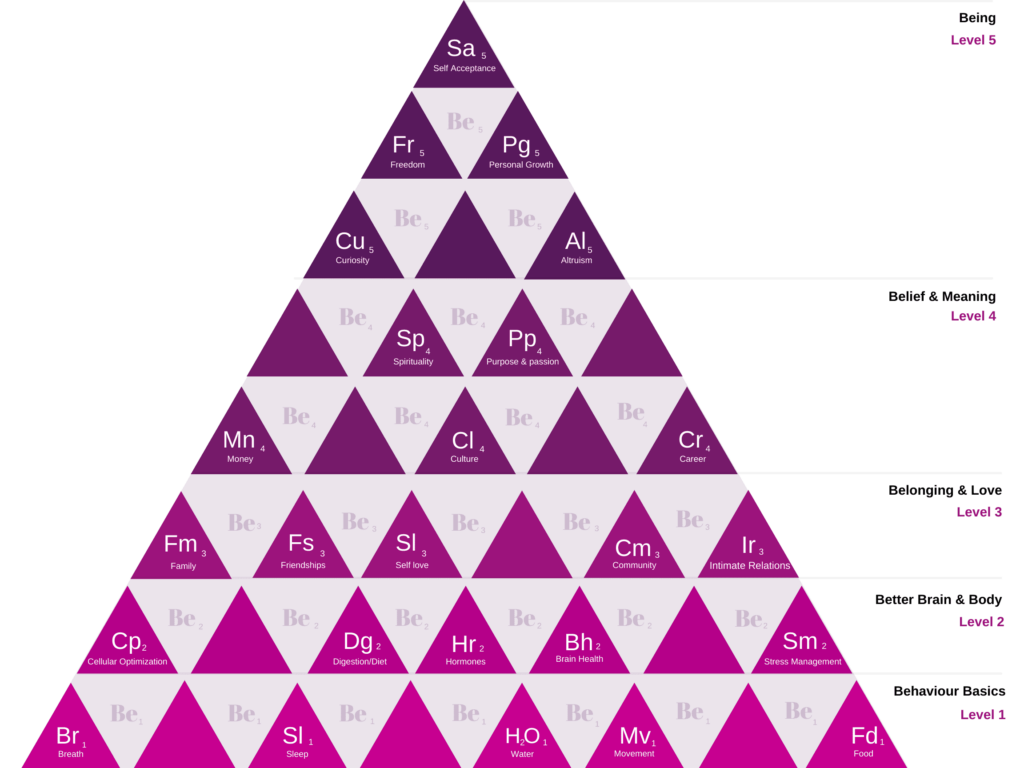Depression Treatment
Depression is a mental health condition that affects millions of people around the world, and can significantly impact a person’s quality of life. Psychotherapy, also known as talk therapy, is a common treatment approach for depression that can be highly effective in helping individuals manage their symptoms and improve their overall well-being. This type of therapy involves talking with a trained mental health professional in a safe and confidential environment to explore and work through the underlying causes of depression. In this article, we will explore the different types of psychotherapy used to treat depression, how they work, and what you can expect from a Psychotherapy Toronto session.

Depression Therapy Toronto
Integrative psychology is an approach that combines various theoretical perspectives and techniques from different schools of psychology to address mental health issues. Integrative psychology can be helpful in treating depression by addressing its underlying causes and factors that contribute to its development.
Here are some ways in which integrative psychology can help with depression:
Holistic assessment – Integrative psychology takes a holistic approach to assessment, considering the biological, psychological, and social factors that contribute to depression. This comprehensive assessment helps to identify the underlying causes of depression and develop a tailored treatment plan.
Combination of therapies – Integrative psychology draws on multiple therapeutic approaches, such as cognitive-behavior therapy for depression, psychodynamic therapy, and mindfulness-based therapy. Combining different therapeutic approaches can provide a more comprehensive treatment plan that addresses various aspects of depression.
Mind-body interventions – Integrative psychology also includes mind-body interventions, such as relaxation techniques, yoga, and meditation. These techniques can help individuals with depression to manage stress, reduce symptoms of anxiety, and improve their overall well-being.
Lifestyle modifications – Integrative psychology emphasizes the importance of lifestyle modifications, such as exercise, nutrition, and sleep, in treating depression. Making positive changes in these areas can improve mood, increase energy, and reduce symptoms of depression.
Collaborative approach – Integrative psychology involves a collaborative approach between the therapist and the individual with depression. Our Psychotherapists in Toronto works with the individual to identify their goals, develop a treatment plan, and monitor progress. This collaborative approach can help individuals with depression feel empowered and motivated to make positive changes.

How Is Depression Experienced?
Depression is a mental health condition that affects millions of people around the world, and can have a significant impact on a person’s physical and emotional well-being. While depression is primarily characterized by persistent feelings of sadness, hopelessness, and a loss of interest in activities, it can also manifest in the body in a number of ways. In this article, we will explore how one experiences depression in the body, and the physical symptoms that can accompany this condition.
One of the most common physical symptoms of depression is fatigue. People with depression often feel tired, sluggish, and lacking in energy, even after a good night’s sleep. They may also have difficulty concentrating and may experience memory problems, which can further contribute to feelings of exhaustion.
Another physical symptom of depression changes in appetite and weight. Some people with depression may lose their appetite and lose weight, while others may overeat and gain weight. These changes in eating habits can also affect a person’s overall health and contribute to feelings of guilt or shame.

Connecting The Nervous System
When a person experiences stress, their body activates the sympathetic nervous system, which is responsible for the “fight or flight” response. This response prepares the body to deal with a perceived threat by increasing heart rate, breathing rate, and blood pressure, and by releasing stress hormones such as cortisol and adrenaline.
While this response can be helpful in short-term situations, such as when a person needs to quickly escape danger, chronic or prolonged stress can have negative effects on the body and contribute to the development of depression. For example, chronic stress can lead to an overactive sympathetic nervous system, which can increase inflammation and disrupt the balance of neurotransmitters in the brain that regulate mood.
Research has also shown that chronic stress can lead to changes in the structure and function of the brain, particularly in areas that are important for regulating mood, such as the hippocampus and prefrontal cortex. Chronic stress can cause these areas to shrink in size, reducing their ability to regulate emotions and increasing the risk of depression.

Check Out Our BrainBody25 Program
BrainBody25 Program is a root-cause approach to psychological healthcare, which examines the elements of health at the root of our foundation. This program takes comprehensive whole-body systems approach to mental and physical health. This program has never been seen before, it was sculpted through 30+ years of clinical psychology experience.
Most mental health programs miss the boat because they focus on the symptoms rather than the cause…
How long does depression therapy typically take?
The length of therapy for depression can change a lot from person to person. How long treatment lasts depends on many things, like how bad the depression is, how well the person responds to therapy, and the type of treatment chosen. The length of therapy may be different for each person, but it’s important to know that some people may feel better in a few weeks, while others may need several months or even longer to see growth in their condition.
Is therapy alone effective for treating depression, or is medication necessary?
Often, the best way to get better from depression is to use both treatment and medicine together. The best therapy solution for you will depend on a number of things, such as how bad your symptoms are, your personal tastes, and your medical background. You can come up with a full treatment plan that takes into account both the pros and cons of the medicine with the help of our experts and your doctor.
What types of therapy do you offer for depression?
Mcdowall Healthcare offers a variety of melancholy treatments, such as:
- Cognitive-Behavioral Therapy (CBT)
- Interpersonal Therapy (IPT)
- Psychodynamic Therapy
- Mindfulness-Based Therapies
You and one of our therapists in Toronto will work together to find the best therapy or mix of therapies for your needs.
How can I help a loved one who is struggling with depression?
Helping a loved one who is depressed can be hard, but it can also be very satisfying. Here are some other options:
- Encourage to take professional help
- Be patient and supportive whenever they require
- Practise active listening without judging them
- Set boundaries to make them feel Secured
- Educate yourself to know them better
Our therapists know how to give advice and help to family members and other people who are active in the caring community.
What should I expect during my first therapy session?
During your first therapy session, you and your therapist will get to know each other and talk about the problems you’re having with handling your sadness. You will be able to be honest about your medical background, treatment goals, and symptoms during the session. During your treatment, it might help to talk to your doctor about how you feel and what you’re thinking. We can figure out what you need and make a plan to get it together.
